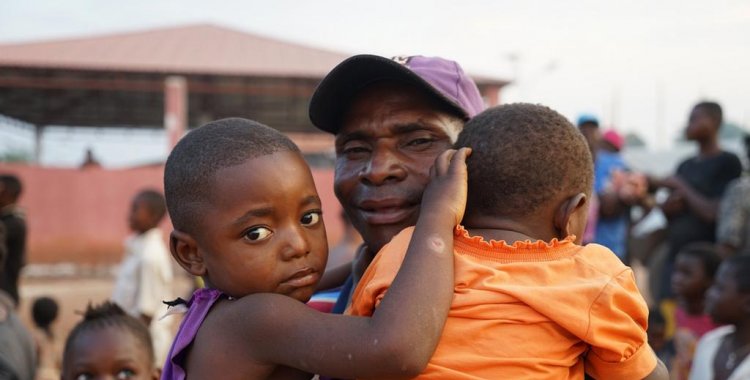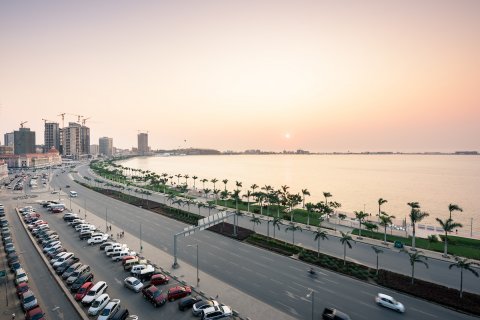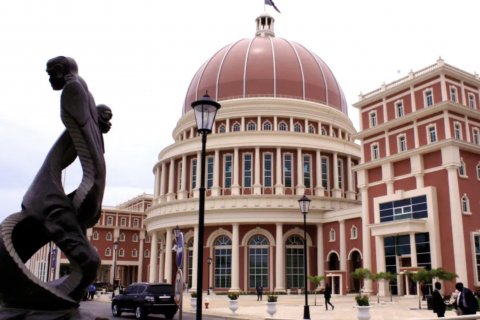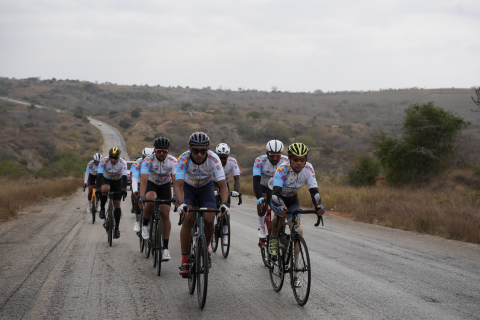In a note distributed to the press on the occasion of the 60th anniversary of the 1961 Convention on Statelessness, UNHCR states that the historical and continuous migratory waves to the country, before and after independence and the armed conflict aggravate the main risk causes for statelessness situations in Angola.
Despite these challenges, Angola confirmed in 2019 the nationality of more than 800,000 stateless persons, thus seeing their situation resolved.
Angola acceded in 2019 to the 1961 Convention and the 1954 Convention, drafted to ensure that stateless persons enjoy a series of rights, affirming "before the international community its commitment to establish solutions concerning this issue," the note stresses.
"In this context, it presented several commitments aimed at reducing and preventing cases of statelessness in Angola and among communities of Angolan origin abroad. In the same period, more than 800,000 stateless persons are known to have had their nationality confirmed and their statelessness resolved," UNHCR reports.
"In this anniversary year, UNHCR calls on all States that have not yet done so to accede to the 1961 Convention on the Reduction of Statelessness, to incorporate the safeguards of the Convention into their national laws, and to guarantee the right of every person to a nationality," called on Filippo Grandi, the United Nations High Commissioner for Refugees.
UNHCR points out in the document that stateless persons are subject to vulnerabilities in situations of conflict and displacement because they have no protection from any government, no proof of their legal identity, or both, and are at risk of being excluded from access to covid-19 vaccines as countries implement plans to combat the pandemic.
Similarly, the UN organization stresses that "stateless communities are unlikely to be included in socio-economic assistance initiatives aimed at lessening the impact of the pandemic on people's livelihoods."
"More broadly, being stateless can mean not having access to education, health care, or legal employment. Statelessness can hinder freedom of movement, the ability to buy property, vote, open a bank account or even marry," the note emphasizes.







